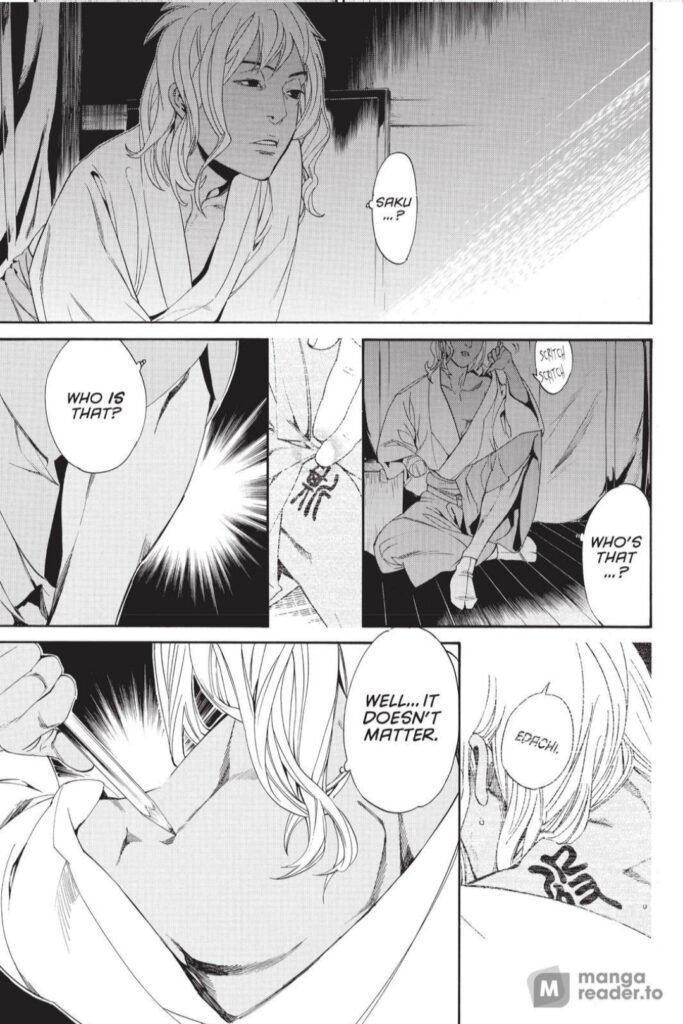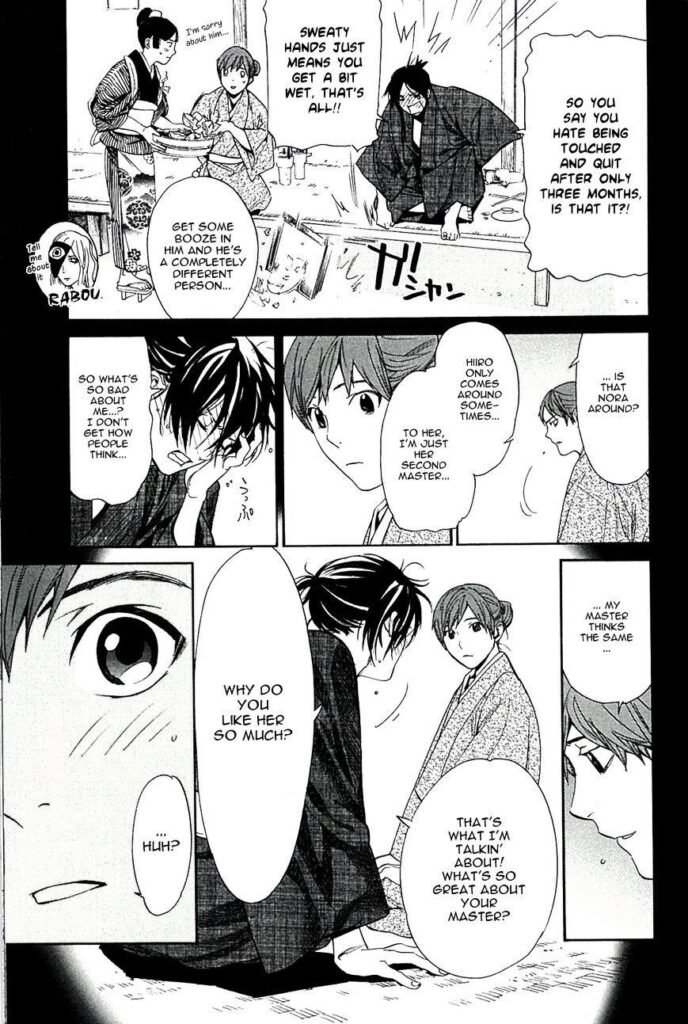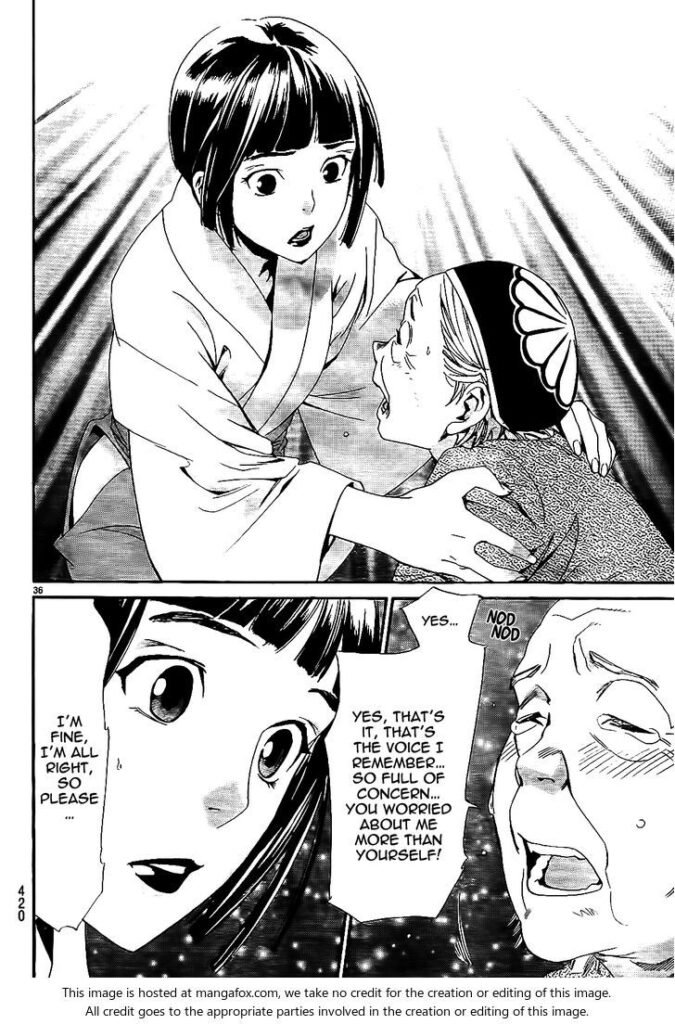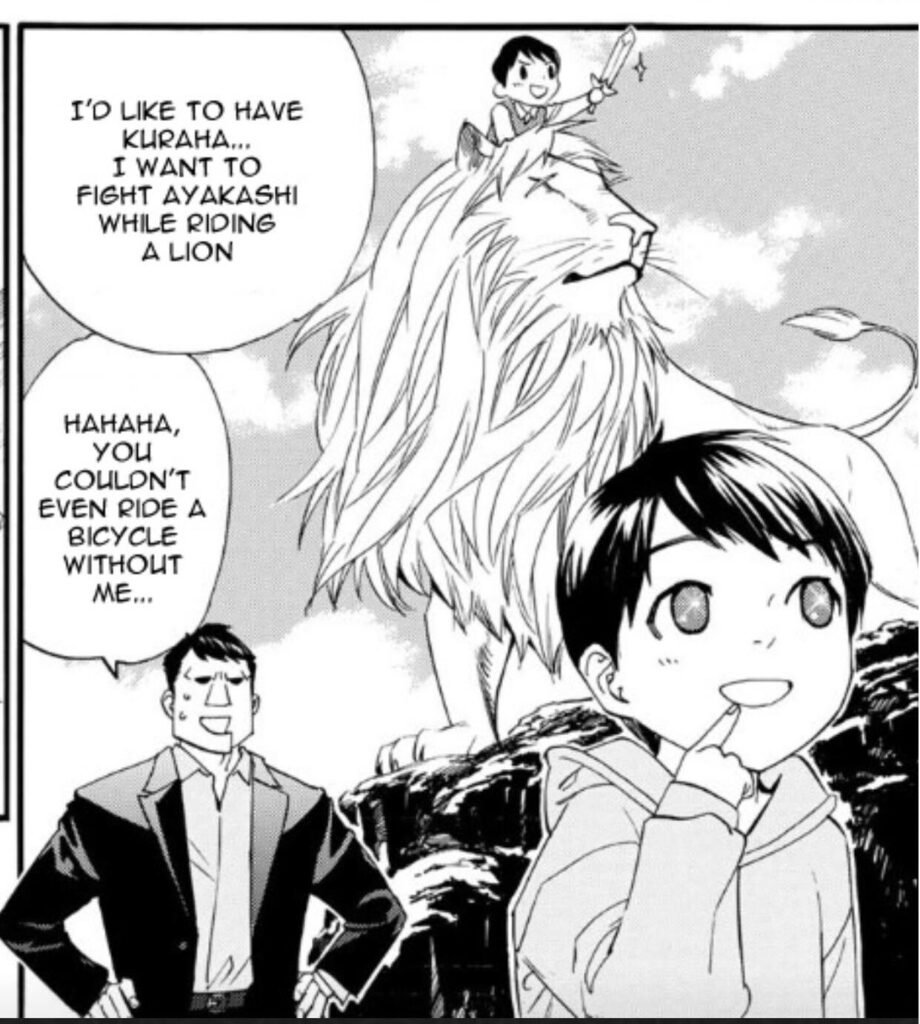- Being invisible to everyone else made me see the parts of myself that were hidden, parts even I was afraid to acknowledge.
- This invisibility, it’s like screaming into a void where no one can hear you, no matter how loud you shout.
- I learned the hard way that being seen isn’t about being in the spotlight; it’s about being acknowledged, truly acknowledged, for who you are.
- The hardest part wasn’t being unseen by the world; it was the fear of becoming invisible to myself.
- Adolescent Syndrome made me a ghost in my own life, but it also taught me the value of being seen and the pain of being overlooked.
- The bunny girl suit wasn’t a mask; it was a megaphone, a desperate attempt to make the invisible visible, to force the world to see me.
- Fame demanded I wear many costumes, but none felt as revealing and as concealing as that bunny suit.
- In that outfit, I wasn’t just challenging perceptions; I was fighting against the very idea of what it means to be seen and understood.
- The suit was a statement, loud and clear: ‘Look at me, see me for who I am, not what you want me to be.’
- Wearing the bunny suit, I learned that sometimes, to break free from the boxes society puts you in, you have to step into one willingly, if only to step out of it stronger.
- Sakuta didn’t just see me when I was invisible to the world; he saw through me, to the parts I’d hidden away.
- Our love isn’t a fairytale; it’s messier, realer, grounded in the kind of understanding that goes beyond words.
- He challenges me, frustrates me, and understands me in ways I never thought possible. That’s what makes us work.
- With Sakuta, I found not just love but a partnership, a mutual respect that defies the clichés and expectations.
- We’re not perfect, but in our imperfections, we’ve found a rhythm, a harmony that’s uniquely ours.
- Returning to acting wasn’t about reclaiming fame; it was about reclaiming myself, my voice, my power.
- The stage and screen, they’re not just platforms for performance; they’re canvases for self-expression, for telling the stories that matter to me.
- I stepped back into the light not to be seen, but to shine on my own terms, to define myself on my own grounds.
- Acting, for me, is no longer about playing a role; it’s about conveying truth—the truth of my characters, and through them, my own.
- This comeback isn’t a sequel; it’s a new chapter, one where I’m not just an actor, but a storyteller, sharing parts of myself I’ve only just discovered.
- My mother, she was a mirror reflecting the future I was expected to walk into, but in her reflection, I found the strength to carve my own path.
- We may not see eye to eye, but in her expectations, I found my rebellion, my need to define myself as more than her aspirations.
- Our relationship is complicated, a tapestry of love, expectation, and the kind of understanding that only comes with time and space.
- She taught me resilience, not through her support, but through the necessity of standing up for myself, for my dreams, for my identity.
- In every step away from her shadow, I found more of myself, learning that sometimes, love means letting go, and respect means agreeing to disagree.
- Each hurdle I’ve faced, be it Adolescent Syndrome or the glare of the spotlight, wasn’t just a barrier but a step towards becoming who I am meant to be.
- Resilience isn’t about never falling; it’s about choosing to stand up again, even when the world expects you to stay down.
- My journey wasn’t just about overcoming invisibility; it was about finding my voice in the silence, my strength in the shadows.
- The pressures of fame could easily have eroded my resolve, but instead, they forged me into someone stronger, someone unafraid to face her fears.
- I am a testament to the idea that resilience is born not from the absence of struggle, but from the relentless pursuit of triumph in its face.
- My strength is not diminished by my vulnerabilities; rather, it’s defined by them, a balance of power and fragility that makes me who I am.
- To show vulnerability is to show courage—the courage to be seen in your truest form, stripped of pretense and armor.
- The moments when I feel most vulnerable are also the moments when I discover new depths to my strength, new facets of my resilience.
- In my story, strength and vulnerability are not opposites but companions, each giving meaning and dimension to the other.
- Embracing my vulnerabilities has allowed me to embody a strength that’s not just about prevailing but about persevering with grace.
- Navigating the thin line between my private self and public persona is like dancing on a wire—every step must be measured, every move deliberate.
- The spotlight doesn’t just illuminate; it exposes, challenging me to protect my privacy while living under its relentless glare.
- Celebrity culture demands that you share yourself with the world, but I’ve learned that some things are sacred, deserving of protection from prying eyes.
- The battle for privacy in a world that constantly seeks to unveil you is relentless, but it’s a battle I choose to fight, for my sake and for those I cherish.
- In the tension between privacy and publicity, I’ve found a delicate balance, a way to share myself without losing myself.
- My relationship with Sakuta is a dialogue of growth, where each challenge we face together teaches us more about ourselves and each other.
- I like to think we’ve both grown through our connection—his presence in my life a constant reminder of the strength found in vulnerability, in openness.
- Sakuta’s journey mirrors my own in many ways, each step forward a reflection of our shared experiences, our shared challenges.
- Our growth has been reciprocal, a shared path where we’ve both served as guide and companion, learning from each other in equal measure.
- In Sakuta, I’ve seen the power of understanding, of unconditional support—a reminder that true growth is often a shared journey.
- I’ve never been content to fit the mold of the traditional anime heroine—my story is mine to write, my battles mine to choose.
- In challenging the stereotypes of gender within anime, I hope to inspire a narrative where strength is not defined by gender but by character.
- My role in this story is not just about defying expectations but about redefining what it means to be a heroine in a world that too often seeks to define us.
- Breaking the mold wasn’t a conscious choice but a natural expression of my refusal to be anything less than authentic, anything less than me.
- If my character has in any way challenged the traditional archetypes of anime heroines, then I consider my story a success, a step towards a narrative that celebrates complexity and authenticity.
The Enigma of Invisibility: Sakurajima Mai’s Adolescent Syndrome
Beyond the Bunny Suit: Unpacking Mai’s Public Persona
The Complexity of Mai and Sakuta’s Relationship
Mai’s Return to the Spotlight: A Journey of Self-Discovery
Mai’s Relationship with Her Mother
Sakurajima Mai: A Symbol of Resilience
The Duality of Strength and Vulnerability in Mai’s Character
Privacy vs. Publicity: Mai’s Struggle with Celebrity Culture
Mai’s Influence on Sakuta’s Growth
Sakurajima Mai: Breaking the Mold of the Anime Heroine





